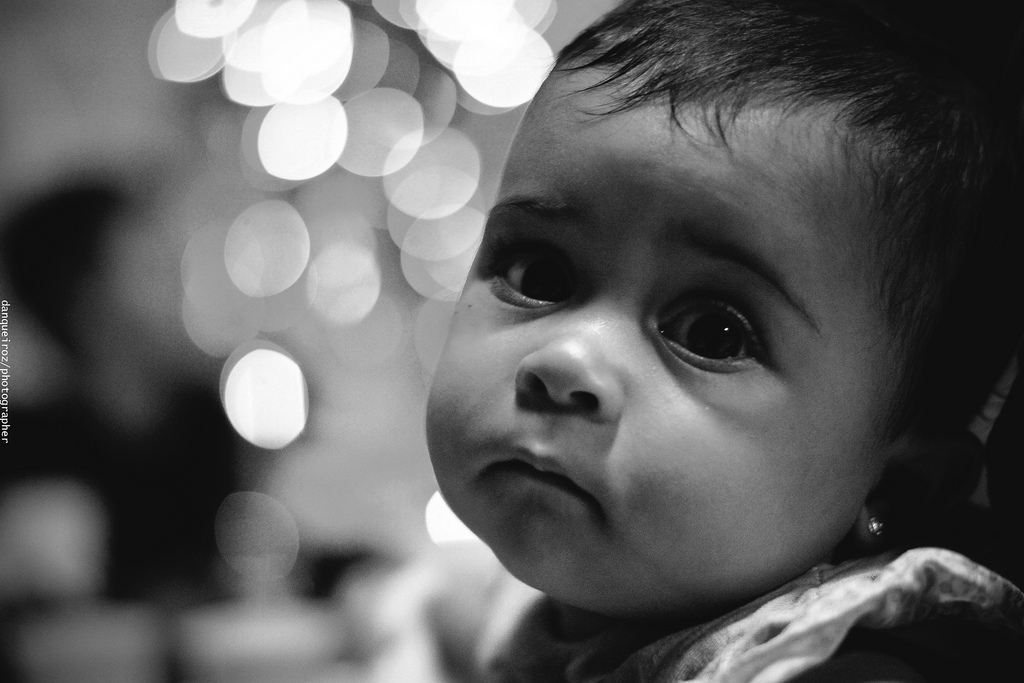Depression during pregnancy is common. While concerns have been raised regarding the potential teratogenic and long-term neurobehavioral effects of psychotropic drug use during pregnancy, what is often overlooked is the fact that untreated maternal depression may also put the unborn baby at risk.
Maternal depressive symptoms during pregnancy have been shown to be associated with a variety of adverse pregnancy outcomes. Several studies have described low birth weight and fetal growth retardation in children born to depressed mothers. In one study, this effect was seen only in women from lower income households and was greatest if the woman experienced depression in the late second trimester or early third trimester (Hoffman and Hatch, 2000).
Preterm delivery is another potential pregnancy complication among women experiencing distress during pregnancy (Rondo et al. 2003). In one study of African-American women, those who had higher depression scores also had a higher incidence of spontaneous preterm delivery (Orr et al. 2002). In another study, spontaneous preterm labor was significantly associated with high depression scores in a sample of underweight women (body mass index below 19) (Dayan et al. 2002). A more recent report by the same authors showed an association between depressive symptoms and preterm birth in a population of European women (Dayan et al. 2006).
Pregnancy complications related to maternal depression in late pregnancy have also been described, including an increased risk for having epidural analgesia, operative delivery, and infant admission to a special care nursery for a variety of conditions including respiratory distress, hypoglycemia, prematurity, and maternal diseases (Chung et al, 2001). Another study showed that the risk for preeclampsia was greater in women who experienced depression in early pregnancy, from 10 to 17 weeks gestation (Kurki et al, 2000).
These data underscore the need to perform a thorough risk/benefit analysis of pregnant women with depression, including evaluating the impact of untreated depression on the baby and the mother, as well as the risks of using medication during pregnancy.
Laura Petrillo, MD
Read more:
Review in Canadian Family Physician (Bonari et al, 2004)








Leave A Comment